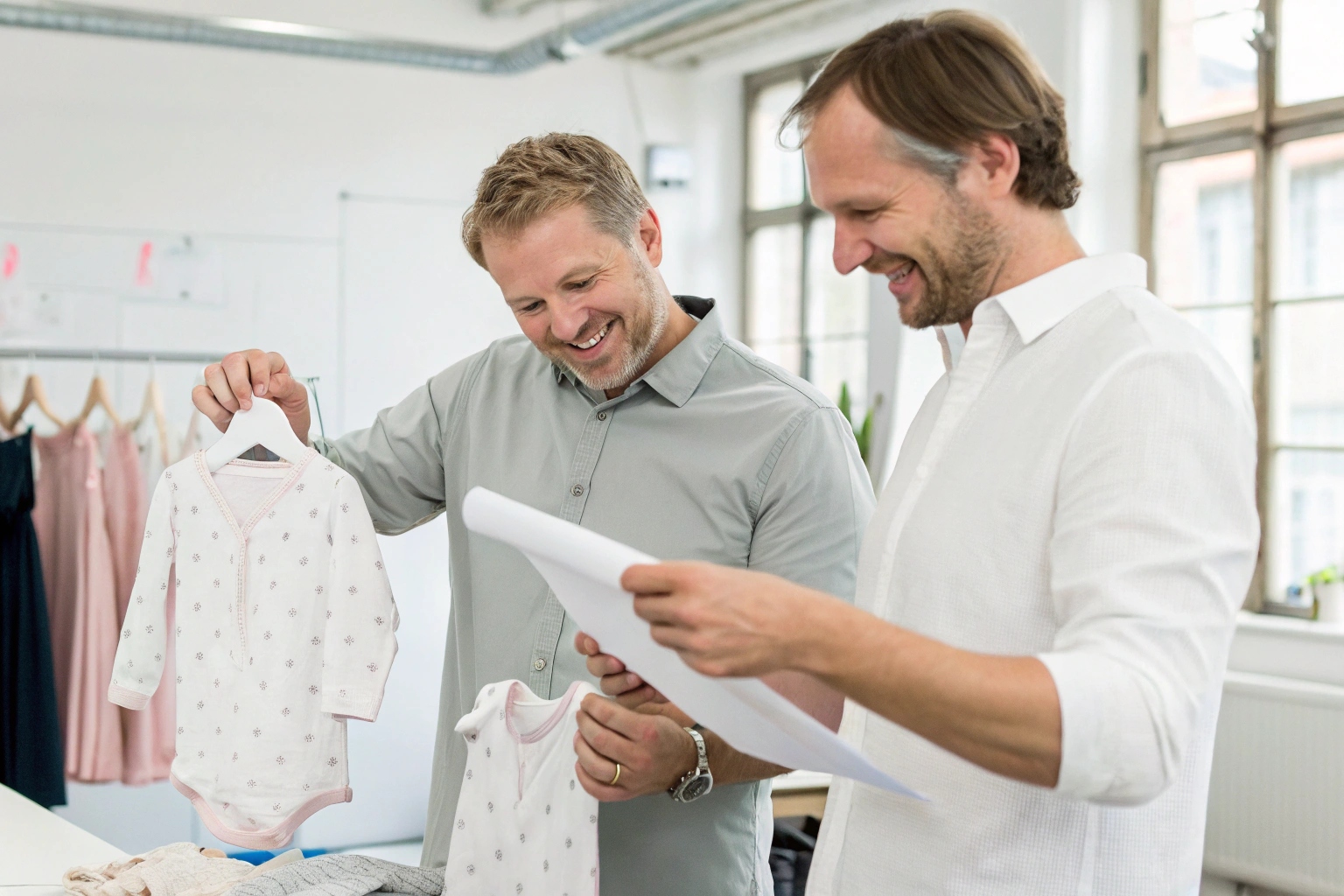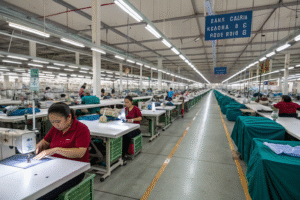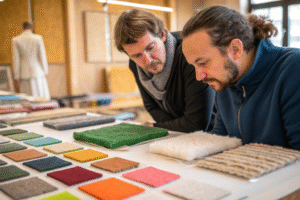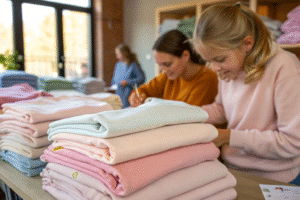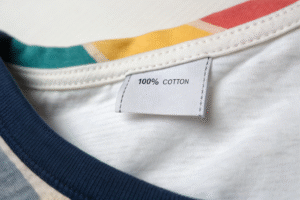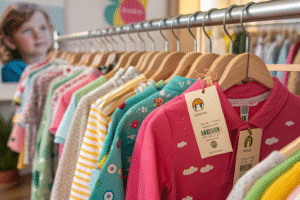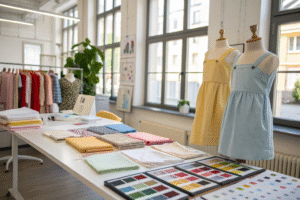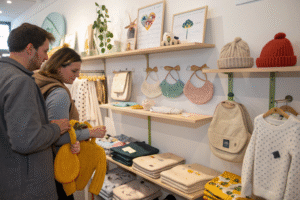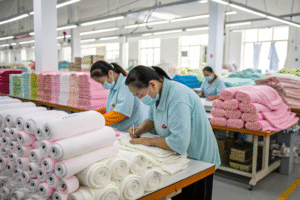Starting a baby clothing brand is exciting—but choosing the wrong factory can lead to delays, wasted money, and product issues before you even launch.
An ideal babywear factory for startups offers low MOQs, fast sampling, flexible production, clear communication, and guidance on safety and compliance.
In this guide, I’ll walk you through the key factory traits that support new babywear brands—from your first sample to your first full collection.
Why Low MOQ and Sampling Support Matter for Startups?
New brands rarely need 5,000 pieces to start—but many factories still require large orders to begin. That’s where startup-friendly factories come in.
Low minimum order quantities (MOQs) and responsive sampling support give startups the ability to test the market with less risk.

Why are low MOQs critical when launching a babywear brand?
New brands need flexibility. A good startup-focused factory will allow:
| MOQ Type | Ideal for |
|---|---|
| 300 pcs/style | Small batch testing, seasonal drops |
| 100 pcs/SKU | Multiple sizes and colors |
| 1–2 sample rounds | Iteration and improvement |
| Gradual scale-up | Easier inventory planning |
With Fumao, for example, we help startup brands begin with as few as 300 pieces—split across sizes and colors—so they can focus on quality and customer feedback first.
What kind of sampling support should startups expect?
You should look for a factory that provides:
- First sample within 7–10 working days
- Digital previews or mockups for print or embroidery
- Clear revision feedback and pattern updates
- Samples with full trims, labels, and packaging
Many of our startup clients revise their first sample 1–2 times. That’s totally normal—and we build that into the timeline.
How Flexible Production Helps New Babywear Brands Grow?
Startups pivot often. Designs evolve. A factory that can’t adapt will slow you down—or hold you back.
Flexible production allows startups to add styles, adjust sizing, and scale orders without re-negotiating every step of the way.
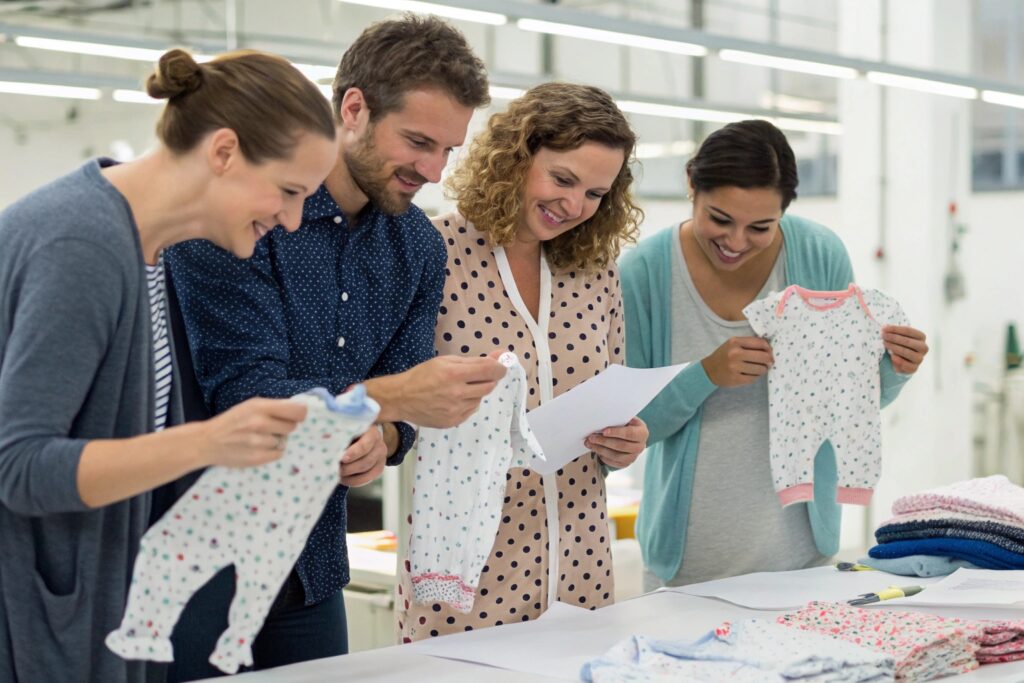
What does flexible production really mean?
It means your factory can:
- Handle multiple small styles in one run
- Adjust size breakdowns (e.g., more 3-6M, fewer NB)
- Support last-minute packaging changes
- Offer custom fabric sourcing (not just stock options)
- Scale from 300 to 3,000 pcs without missing timelines
At Fumao, we often start with one romper design—then help clients expand into bibs, bonnets, and gift boxes within their second order cycle.
Why does flexibility matter during your first year?
Because you’ll be:
- Learning what sizes sell best
- Adjusting to customer reviews
- Exploring seasonal collections
- Adding new branding elements
- Testing influencer partnerships or bundles
Your factory needs to grow with you—not slow you down.
What to Look for in a Babywear Manufacturing Partner?
It’s not just about who can make the clothes. It’s about who can help you build your brand.
The right manufacturing partner for babywear startups offers clear communication, transparency, baby-safe material expertise, and support beyond production.
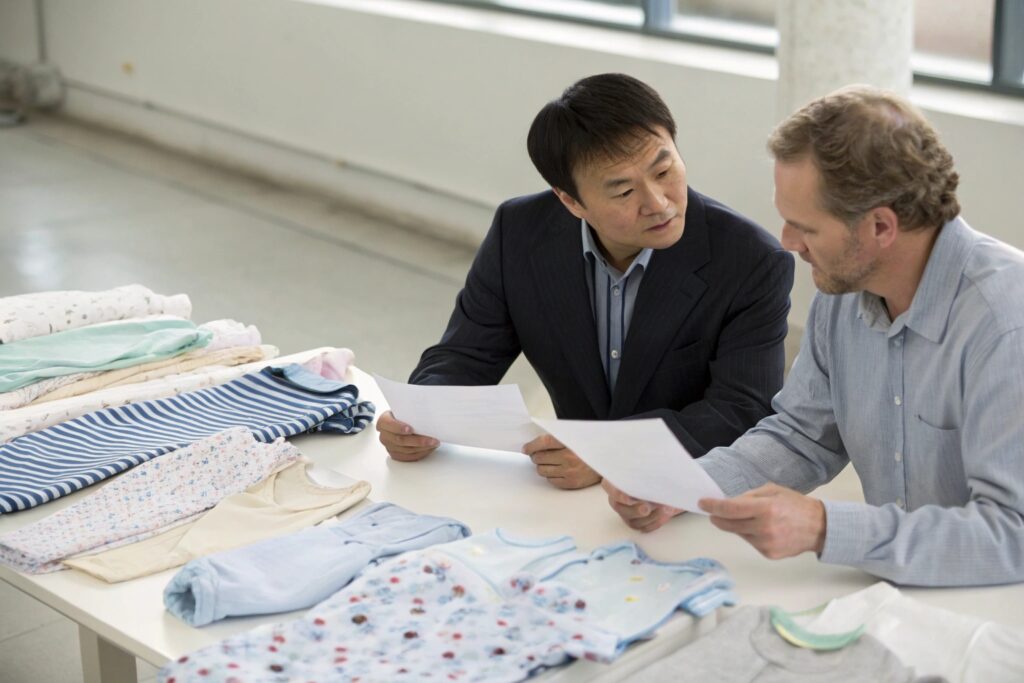
What factory qualities should you prioritize?
Here’s a comparison checklist:
| Trait | What to Expect in a Startup-Friendly Factory |
|---|---|
| Babywear experience | Deep knowledge of sizing, stitching, and softness |
| Sampling flexibility | Fast turnaround and easy revisions |
| MOQ transparency | Clear policies and breakdown by style/SKU |
| Communication | Fluent English, photo updates, quick replies |
| Safety knowledge | CPSIA, OEKO-TEX®, EN 14682 compliance support |
| Customization capability | Labels, tags, prints, trims, packaging |
| Pre-production guidance | Support with tech packs, sourcing, and fit |
We’ve had startup clients send just sketches or Pinterest boards. Our team turns those into ready-to-produce tech packs with clear measurements and trim placement.
What red flags should you avoid?
Be cautious if a factory:
- Can’t show past babywear work
- Avoids clear answers about MOQ or sampling
- Pushes bulk orders without sampling first
- Offers “cheapest” prices but no compliance support
- Won’t provide material or QC reports
You need a partner, not just a vendor.
How the Right Factory Can Reduce Startup Risk and Cost?
Starting a brand takes investment. A smart factory helps you avoid waste, prevent delays, and ship quality that earns 5-star reviews—not refund requests.
With the right babywear factory, you reduce sampling mistakes, control inventory costs, avoid compliance issues, and build faster with less trial and error.

How does the right factory lower your financial risk?
It helps by:
| Risk Area | How a Good Factory Helps |
|---|---|
| Sampling waste | Fast, guided revisions = fewer reworks |
| Unsold stock | Small batch orders = test before you scale |
| Shipping issues | DDP or FOB with tracking and packaging checks |
| Product returns | Quality control = fewer complaints |
| Regulatory compliance | Safety support = no customs blocks |
At Fumao, we send real-time QC photos, offer DDP shipping, and inspect 100% of pieces before packing. That keeps costs predictable—and customers happy.
What about time savings?
Launching with the right partner can:
- Cut sampling time from 2 months to 2 weeks
- Avoid lost weeks to back-and-forth communication
- Reduce bulk lead times by 20–30%
- Simplify shipping with customs-ready documentation
One of our startup clients launched in just 45 days—with full labeling, packaging, and custom embroidery—because they didn’t have to manage everything themselves.
Conclusion
For babywear startups, the right factory makes all the difference. Look for low MOQs, sampling support, safety knowledge, and real partnership—and you’ll have a smoother, safer path from idea to inventory.

